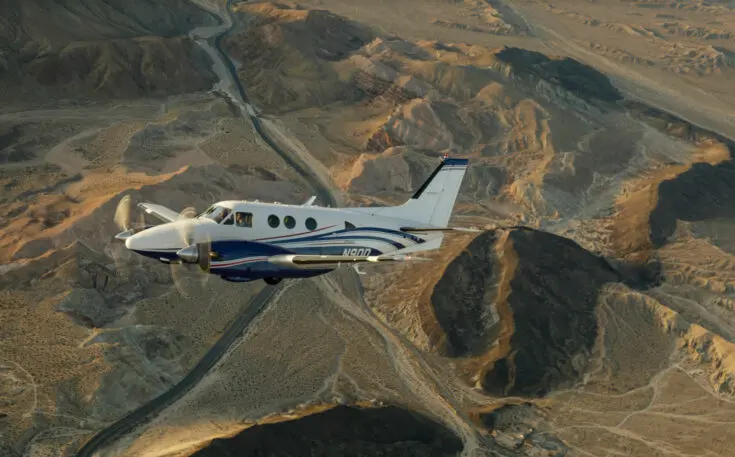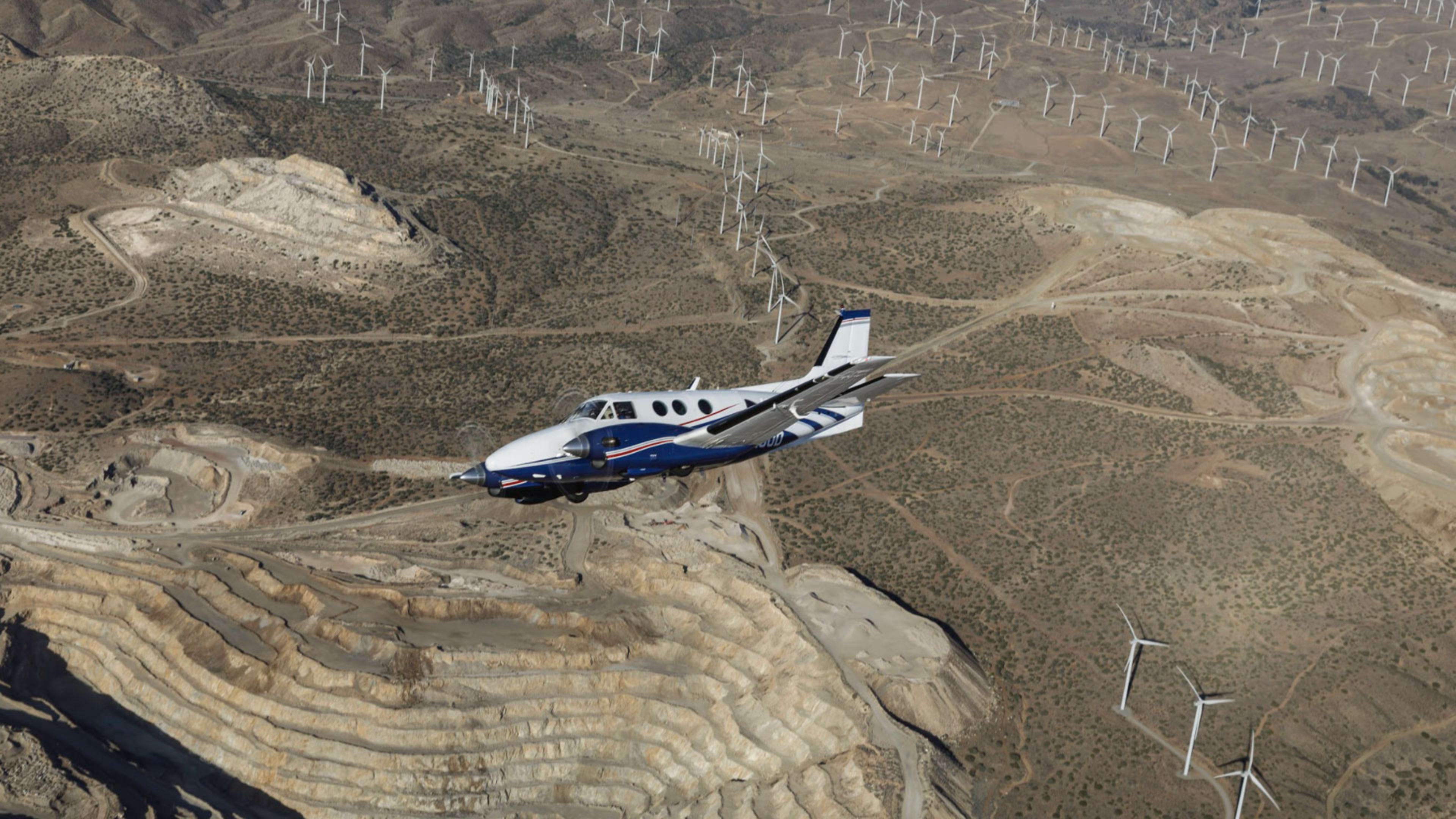Merlin Labs, which develops autonomous systems that fly airplanes, has emerged from stealth with $25 million in funding from Google Ventures and others. The company says it wants to be the “the definitive autonomy platform for things that fly.”
Merlin announced Wednesday it signed a deal to outfit 55 twin-turboprop King Air planes owned by Dynamic Aviation with AI flight systems. The startup also has a contract with the Air Force to develop autonomous transport planes.
Boston-based Merlin Labs, which currently has roughly 50 employees (including full-time contractors), has a dedicated flight facility at the Mojave Air & Space Port where it’s been testing its AI platform. The system has already piloted hundreds of unmanned test flights from takeoff to touchdown, Merlin’s co-founder and CEO Matthew George tells me.

Merlin’s AI will have to get clearance from the Federal Aviation Administration (FAA) before Dynamic’s King Airs can go pilotless. George says his company has been working closely with the regulator to get its AI flight system certified as safe. But the FAA currently does not have a certification for autonomous systems that fly fixed-wing aircraft (the only aviation regulator in the world that does is in New Zealand). The agency is working on the requirements of the certification now, George says.
Merlin has also been working with the Air Force to put autonomous flight systems inside big cargo planes, George says. The startup is working with the Air Force under an “other transaction authority” (OTA), which means a special procurement contract in which the government funds the development of a technology until it’s mature enough and scalable enough to fulfill the terms of a long-term defense contract.
But George says Merlin’s isn’t your average OTA contract. “We have a really big contract that far exceeds the traditional million, million and a half dollars,” George says. “Ours is much larger than that.”
Merlin may be looking at a protracted timeline for getting its AI flight system blessed by the FAA, and another long process to embed its system in the cockpits of Air Force cargo planes. But its $25 million in funding and its development deal with the government will likely buy it a good stretch of the runway it’ll need to get there.
Recognize your brand’s excellence by applying to this year’s Brands That Matter Awards before the early-rate deadline, May 3.
